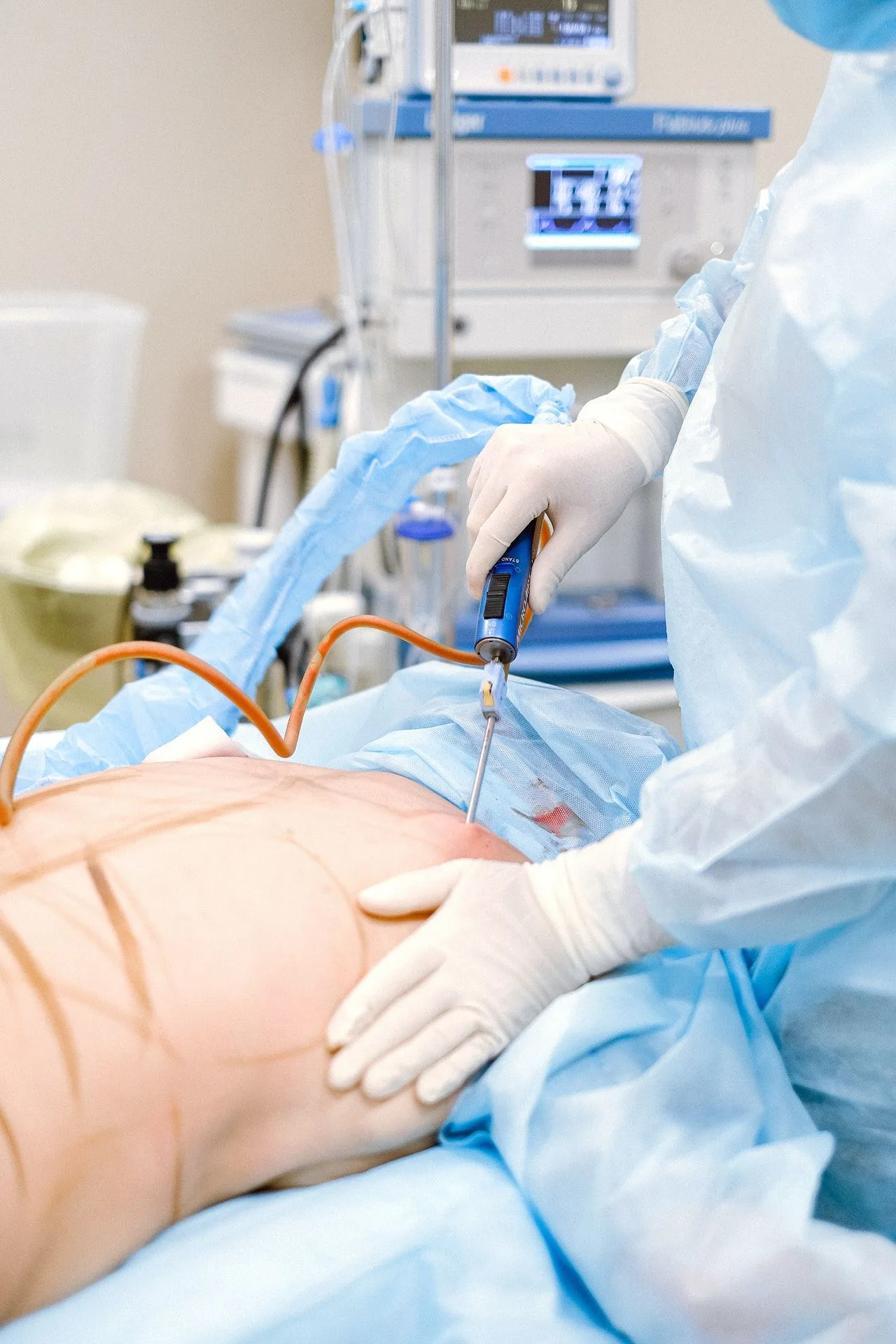For many, liposuction can be a life-altering procedure to remove stubborn fat from the body. But before the procedure can begin, you’ll first need to meet with the surgeon.
During a consultation, you and your surgeon should discuss all things related to your surgery. From your goals to aftercare. If you’ve never had a consultation for liposuction before, you’ll likely have lots of questions for your surgeon.
Here are some common questions to discuss during your liposuction consultation

Photo by Gustavo Fring from Pexels
Who’s My Doctor?
When you meet for a consultation, you’ll get to know your surgeon.
You need to ask them about their board certifications, qualifications, and history in both plastic surgery, specifically liposuction procedures. Ask to see before and after photos of liposuctions they’ve performed to be sure their results match your intentions.
Also, be sure to take note of how they conduct themselves. Is the surgeon actively listening, addressing all your questions and concerns in an understanding manner, and are they being honest with you? Be wary of any doctor offering “magic cures,” rushing through the consultation, or glossing over things like health risks and recovery.
Am I An Ideal Candidate?
Not anyone is a candidate for liposuction. Despite the common misconception, it’s not a weight-loss procedure. Instead, liposuction helps to remove fat deposit cells which are hindering the patient’s desired body shape.
If a patient is excessively overweight, significant risks and complications can arise during surgery. Thus, they may be denied or asked to lose a designated amount of weight before surgery.
A Patient May Also Be Denied Surgery For The Following Reasons
- Pregnancy
- Diabetes
- Heart disease
- Hypertension
- Heavy smokers
- Blood disorders
What’s Recovery Like?
After your procedure, you’ll be given a detailed list of aftercare instructions. The healing area is bandaged tightly to reduce bruising and swelling of the area. These bandages/compressions will need to be worn for a few weeks.
Liposuction generally has a short turnaround time, with many being able to return to light activity within a few days and full recovery after a few weeks. This time frame, of course, varies depending on the amount and location of your surgery.
As you recover, you will have several appointments with your doctor to observe healing. Use this time to address your questions or concerns about your healing.
How Much Does Liposuction Cost?
The cost of a liposuction procedure can range depending on the location of fat removal and the complexity of the surgery. On average, the cost of liposuction is between $4000 and $6000. Some simpler procedures may be as low as $1500 to $2000. However, be careful of making cost your deciding factor for surgeon choice Sometimes a lower cost can also mean less surgical experience and a poorer result.
Surgery is not something you should cut corners on, and many clinics offer financing plans to help space out payments on a surgery.
Photo credit
Who Is The Author?

Mahendra Bajiy has always been interested in marketing and has built a successful career around it. His current focus is on content marketing.





![women [longevity live]](https://longevitylive.com/wp-content/uploads/2020/01/photo-of-women-walking-down-the-street-1116984-100x100.jpg)









